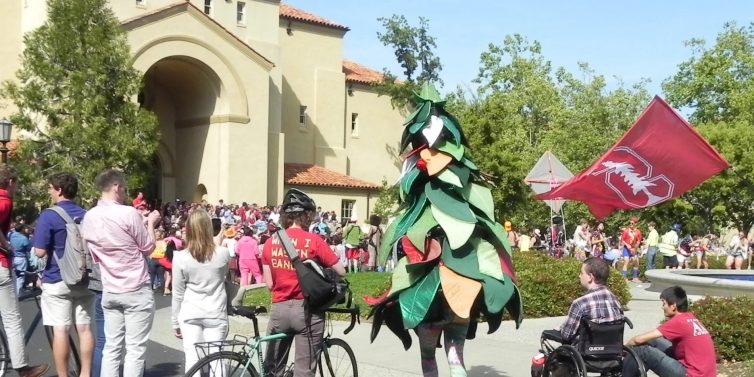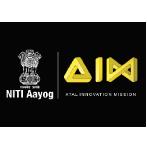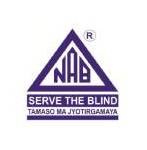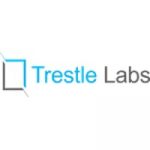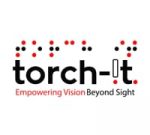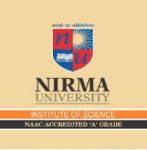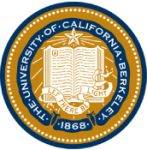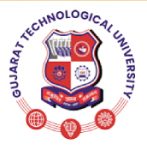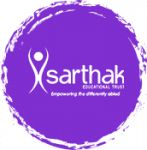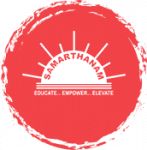Existing in the heart of California’s most prestigious University, Stanford’s Diversity and Access Office (DAO) acts as a vessel for inclusivity and equity all across campus. Serving as a hotspot of equal access and advocate for individuals with disabilities, the DAO plays a pivotal role in ensuring that the principles of diversity and accessibility are not just upheld, but celebrated throughout the campus.
The DAO follows strict compliance with federal and state civil rights statutes, including the Americans with Disabilities Act and Sections 503 and 504 of the Rehabilitation Act. This office ensures that Stanford’s facilities and programs are designed to meet federal, state, and local laws that guarantee equal access to individuals with disabilities. The commitment to accessibility is not just a legal requirement for Stanford; it’s a value deeply ingrained in the institution’s ethics.
One of the remarkable facets of the Diversity and Access Office is its dedication to providing comprehensive support to every member of the Stanford community. Whether it’s faculty, staff, students, or visitors, the office extends its arms to offer disability-related access information and resources. This support doesn’t end with information dissemination; it extends to practical solutions that empower individuals to fully engage with the Stanford experience.
For Stanford students, the Office of Accessible Education (OAE) within DAO is a guiding light. By offering academic and housing accommodations to undergraduate and graduate students with disabilities, OAE ensures that learning and living on campus are truly accessible experiences. Whether it’s ensuring accessible transportation to university-sponsored events or providing non-academic accommodations for dorm activities and club sports, the DAO’s commitment to enabling a diverse range of experiences is unparalleled.
Stanford University’s commitment to fostering an inclusive and accessible environment is evident through its embrace of adaptive technology solutions. With tools like Claro Read, Kurzweil 3000, and Mindmanager, the university empowers individuals with diverse learning needs to access information in ways that suit their preferences. The integration of Olearia DAISY Reader for Mac and AMIS DAISY Reader for Windows showcases Stanford’s dedication to catering to the visually impaired, allowing them to navigate digital content seamlessly.
Moreover, Stanford goes the extra mile by providing private rooms in Old Union and Meyer Library equipped with Dragon Naturally Speaking and Dragon Dictate software. These assistive technologies offer speech recognition capabilities, ensuring that individuals with mobility challenges or specific learning styles can engage with their studies, research, and creativity effectively.
Stanford’s commitment to adaptive technology is not just a feature; it’s a reflection of the university’s core values. By ensuring that students, faculty, and staff have access to these tools, Stanford is creating an environment where each individual’s abilities are embraced and amplified, contributing to a richer, more diverse, and thriving educational community.


